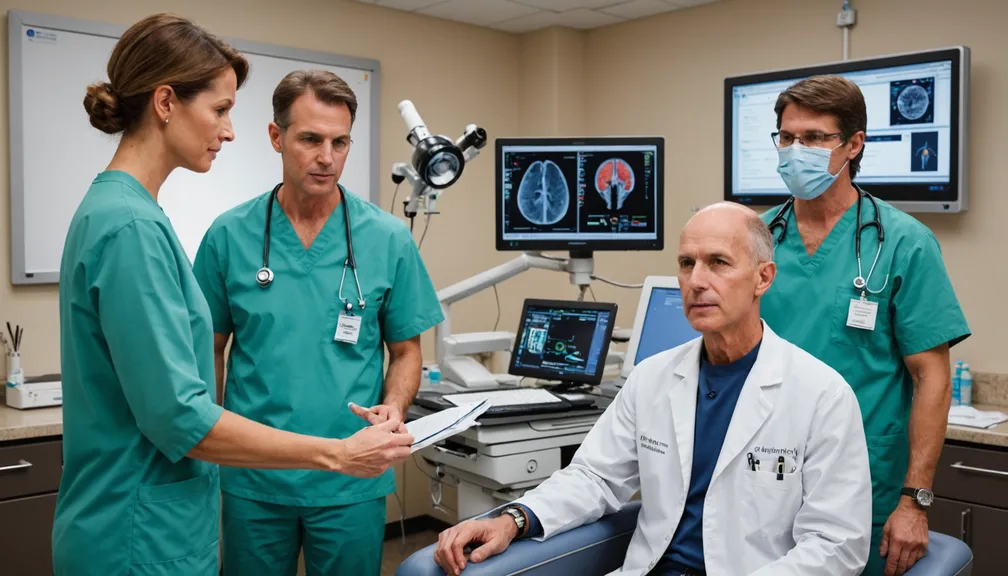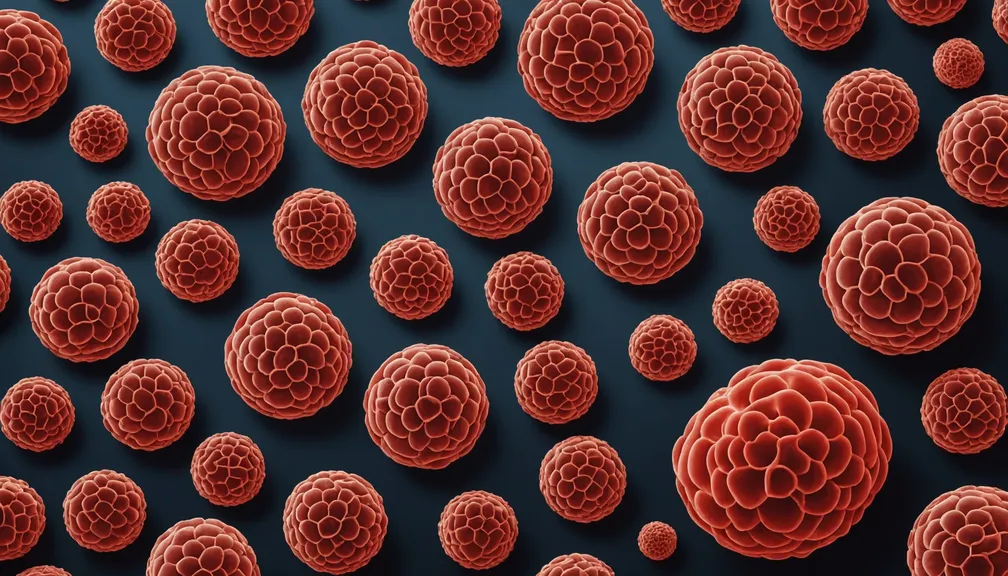Recognizing Symptoms: When to Seek Medical Advice
Common Signs of Hematologic Cancers
Understanding the early signs of hematologic cancers can lead to timely medical intervention. Here are some common symptoms to be aware of:
1. Persistent Fatigue and Weakness
- Description: Feeling unusually tired or weak, even after adequate rest.
- Why It Matters: This can result from the body not producing enough healthy red blood cells to carry oxygen.
2. Frequent Infections
- Description: Experiencing infections more often than usual or having infections that are hard to treat.
- Why It Matters: Blood cancers can impair the immune system, making it harder to fight off illnesses.
3. Unexplained Weight Loss
- Description: Losing weight without trying or without a clear reason.
- Why It Matters: Significant weight loss can be a sign that the body is fighting a serious illness.
4. Swollen Lymph Nodes
- Description: Enlargement of lymph nodes, especially in the neck, armpits, or groin.
- Why It Matters: Swollen lymph nodes may indicate that cancerous cells are present in the lymphatic system.
5. Easy Bruising or Bleeding
- Description: Bruising easily, frequent nosebleeds, or prolonged bleeding from cuts.
- Why It Matters: This can occur due to a low platelet count, affecting the blood’s ability to clot.
6. Bone or Joint Pain
- Description: Persistent pain in bones or joints without an obvious cause.
- Why It Matters: Bone marrow involvement in blood cancers can lead to discomfort or pain.
7. Fever or Night Sweats
- Description: Experiencing unexplained fevers or drenching night sweats.
- Why It Matters: These symptoms can be a response to the body fighting an underlying illness.
When to Seek Medical Advice
Recognizing when to consult a healthcare professional is crucial for early detection and treatment.
1. Persistence of Symptoms
- Action: If symptoms like fatigue, weight loss, or fever continue for more than a few weeks, seek medical advice.
2. Rapid Onset of Symptoms
- Action: Sudden and severe symptoms should prompt immediate consultation with a healthcare provider.
3. Presence of Risk Factors
- Action: Individuals with risk factors such as a family history of blood cancers or exposure to certain chemicals should be vigilant and consult a doctor if symptoms arise.
4. Family History
- Action: If you have close relatives diagnosed with hematologic cancers, discuss regular screenings and any concerning symptoms with your healthcare provider.
Types of Health Professionals to Consult
If you suspect you or a loved one may have a hematologic cancer, reaching out to the appropriate healthcare professionals is essential.
- Hematologist/Oncologist
-
Role: Specialists in blood cancers who can provide diagnosis, treatment plans, and ongoing care.
-
Primary Care Physician
-
Role: Often the first point of contact who can evaluate symptoms and refer to specialists if needed.
-
Nurse Practitioner or Physician Assistant
-
Role: Provide support, manage symptoms, and assist in coordinating care with specialists.
-
Supportive Care Specialists
- Role: Offer services like counseling, nutrition advice, and pain management to help cope with the disease.
Taking Action
If you notice any of the symptoms mentioned above, here are steps you can take:
- Document Your Symptoms
-
Keep a record of all symptoms, including their duration and severity.
-
Schedule an Appointment
-
Contact your primary care physician to discuss your symptoms and concerns.
-
Prepare for Your Visit
-
List any questions you have and provide your medical history to help the doctor assess your condition accurately.
-
Follow Through with Testing
-
Be open to recommended tests, such as blood tests or imaging studies, to determine the cause of your symptoms.
-
Seek Support
- Reach out to family, friends, or support groups to help you navigate the emotional aspects of seeking a diagnosis.
Being informed and proactive about your health can make a significant difference in outcomes. Always listen to your body and do not hesitate to seek medical advice when something feels off.






